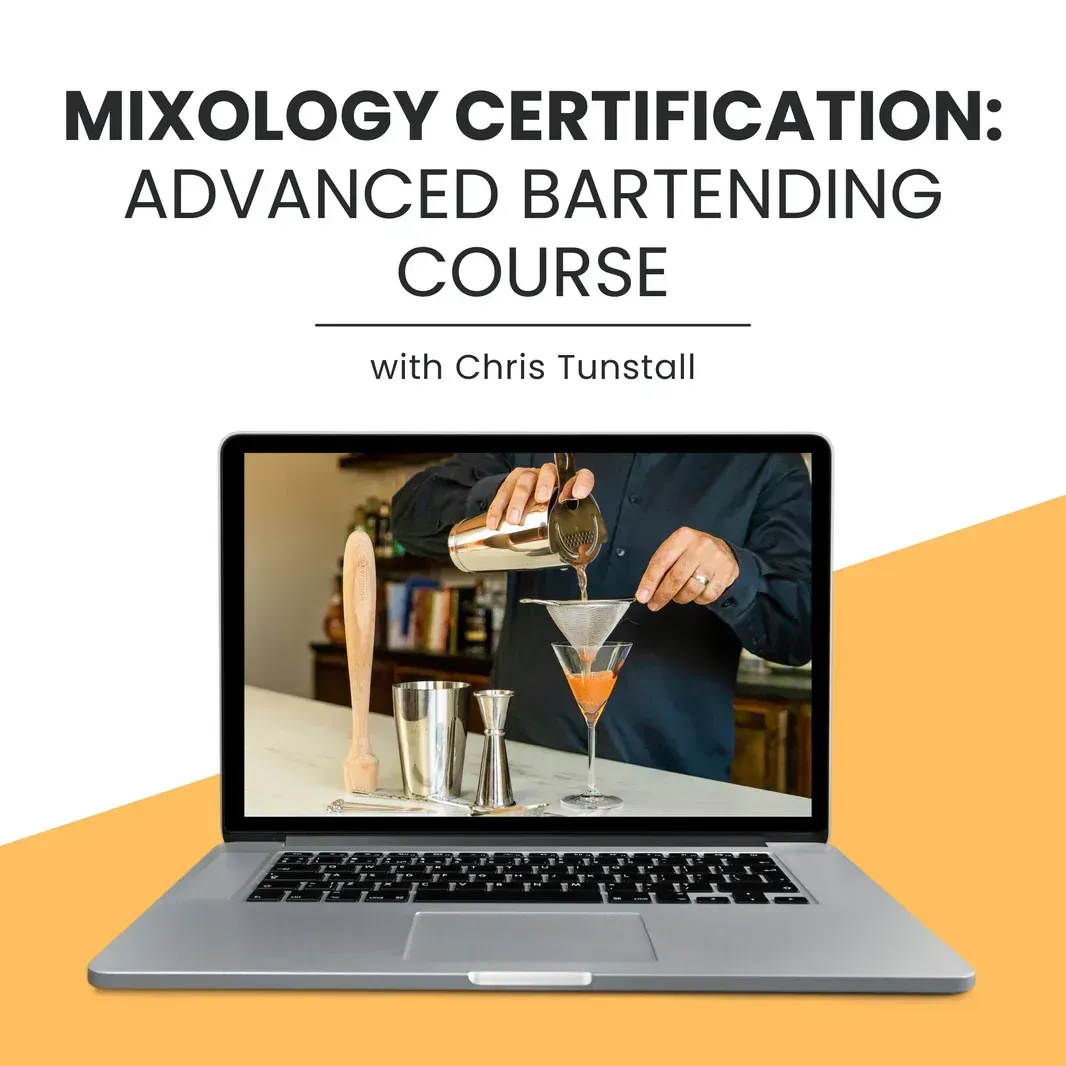
Exploring the History of Mixology and Modern Trends
introduction
Mixology isn’t just about crafting cocktails; it’s about telling a story through flavors, ingredients, and techniques. From its humble beginnings to its current status as an art form, mixology has evolved alongside cultural and technological changes. These days, mixologists are pushing boundaries, blending history with innovation. So, how did we get here, and where is mixology headed? Let’s dive into the fascinating history of mixology and explore the modern trends shaping the future of cocktail culture.
The Origins of Mixology
Understanding the roots of mixology helps us appreciate its evolution.
Early Beginnings:The concept of mixing drinks dates back to ancient civilizations. Early concoctions were made from fermented honey, grains, and fruits.
Colonial Era:Taverns became gathering spots, and basic mixed drinks like punches gained popularity. Alcohol preservation and accessibility shaped early cocktail culture.
The Cocktail Revolution:The early 19th century saw the rise of cocktails as we know them. Jerry Thomas, often called the "Father of Mixology," published The Bartender's Guide in 1862, setting foundational recipes and techniques.
price:$249
Understanding Cocktail ComponentsWant to really learn to be a mixologist? This mixology course is so much more than an “overview of ingredients.” You’ll learn about all of the different types of ingredients and products used behind the bar, their flavor profiles, and how to work with them in cocktails.
RELATED ARTICLES
1,Are-crystal-mixing-glasses-worth-the-investment
2,Crafting-perfect-cocktails-with-the-right-tools
3,Exploring-the-history-of-mixology-and-modern-trends
4,Sustainable-tools-for-eco-friendly-bartending
5,Luxury-bar-tool-sets-gift-ideas-for-professional-bartenders
6,Where-to-buy-high-quality-barware-online
7,Best-crystal-cocktail-glasses-for-craft-cocktails-premium-guide-
8,Best-artisanal-bitters-collections-for-mixologists-expert-guide-
9,Best-copper-moscow-mule-gift-sets-premium-selection-guide-
10,Best-premium-cocktail-recipe-books-for-mixologists-expert-guide-
The Golden Age of Cocktails
This period defined mixology as a sophisticated craft.
Prohibition’s Paradoxical Influence:The U.S. Prohibition era (1920-1933) drove creativity, with speakeasies crafting innovative drinks to mask poor-quality alcohol. Classic cocktails like the Sidecar and the French 75 emerged.
Post-Prohibition Renaissance:The mid-20th century saw tiki culture rise, with tropical cocktails like Mai Tais becoming iconic. Bartenders experimented with syrups, bitters, and exotic ingredients.
The Decline and Revival of Mixology
Cocktail culture saw ups and downs before its grand revival.
Decline in the 1970s-80s:Premixed cocktails and artificial flavors dominated, diluting the craft. Focus shifted from quality to convenience.
Revival in the 1990s:Bartenders reclaimed mixology as an art, focusing on fresh ingredients and classic recipes. Bars like Milk & Honey in NYC spearheaded the craft cocktail movement.
Modern Mixology Trends
Today, mixology is all about innovation, sustainability, and personalization.
Farm-to-Bar Movement:Focus on fresh, local, and seasonal ingredients. Herbs, fruits, and botanicals often take center stage.
Sustainability in Cocktails:Zero-waste techniques, like repurposing citrus peels, are on the rise. Recyclable and reusable tools and eco-friendly garnishes are trending.
Tech in Mixology:Tools like smoke guns, sous-vide machines, and centrifuges create unique flavors and presentations. Molecular mixology introduces foams, spheres, and edible cocktails.
Global Influences:Asian and Latin American flavors, like yuzu and tamarind, are making their mark. Cultural cocktails inspired by global traditions are gaining popularity.
Low-ABV and Zero-Proof Cocktails:Catering to health-conscious and sober-curious audiences. Sophisticated mocktails rival traditional cocktails in flavor and presentation.
How Modern Trends Pay Homage to History
Modern mixology blends tradition and innovation.
Classic Techniques with a Twist:Techniques like muddling and stirring are used alongside modern tools. Time-tested recipes inspire contemporary variations.
Storytelling Through Cocktails:Cocktails often reflect a bar’s theme or a bartender’s personal journey. Historical cocktails are revived to educate and engage patrons.
price:$91.81 USD
DETAILS:
Made of 100% lead-free crystal.
Decanter 750ml cap.
CLEANING TIPS:
Dishwasher safe.
The Future of Mixology
Where is the art of mixology headed?
Augmented Reality Experiences:Bars are beginning to use AR to enhance cocktail presentations. Interactive menus guide patrons through drink origins and preparation.
AI in Mixology:AI-generated recipes tailored to individual palates. Smart bar tools that optimize cocktail making and minimize waste.
Immersive Cocktail Experiences:Pop-up bars and themed events create unforgettable, multi-sensory experiences. Drinks paired with food, music, or art elevate the cocktail experience.
Conclusion
Mixology is more than just mixing drinks; it’s a blend of history, artistry, and innovation. From ancient recipes to modern molecular techniques, the craft has evolved dramatically over the centuries. As trends continue to emerge and evolve, mixology remains a dynamic, ever-changing art form. So, whether you’re sipping on a classic Old Fashioned or experimenting with a smoke-infused creation, you’re part of a story that spans generations. Cheers to the past, present, and future of cocktails!

Affiliate Disclosure
We may earn a commission when you purchase through our links. This helps support our research and testing while maintaining editorial independence. Our recommendations are always based on product quality and performance.
Note: Prices indicated reflect current market conditions but may vary by region and retailer. Purchase from authorized dealers to ensure warranty coverage and product authenticity.


